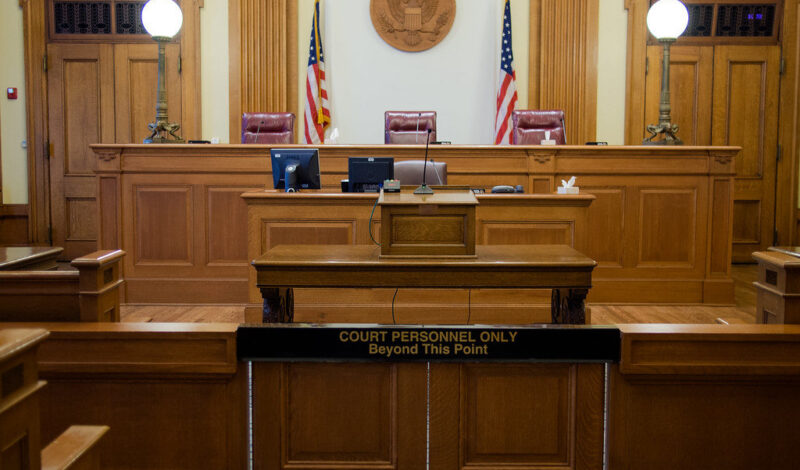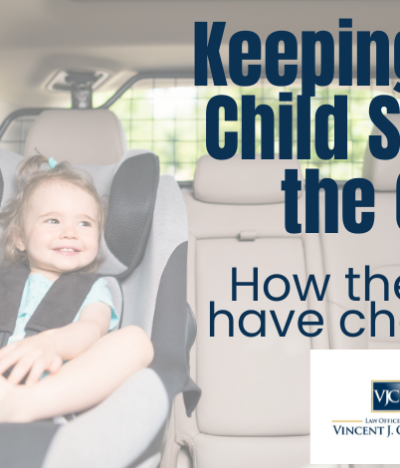What is recovery court?
Recovery court is a program offered to non-violent offenders who need a drug or alcohol treatment-based punishment. This program allows the accused to reduce their possible prison sentence by approximately 75%. So long as the participant abides by the rules of the program. There are four phases of the program including a possible reduced prison sentence followed by a period of home confinement and probation with intensive outpatient treatment for substance abuse. Each phase is a period of 90 days and the treatment can differ from participant to participant. On average the requirements for each phase are as follows:
Phase 1:
This phase can be served in a county jail or just under the supervision of a probation/parole officer. The requirements include meeting with your probation officer once a week, the participant is subject to random urine tests at any time, and must also report to a Recovery Court officer once a week. The participant must then abide to the drug or alcohol treatment in which the court directed them too, the individual must also seek placement in a self help group, such as AA or NA (narcotics anonymous) and also seek employment or vocation training.
Phase 2:
In this phase the individual is directed to report to their assigned probation officer once every other week, attend Recovery Court every other week as well, during this phase the participants will still be subject to random urine samples. The court also states that the individual must continue to attend the assigned drug and alcohol treatment(s), self help groups, and continue to look for employment and/or maintain employment. By phase two of Recovery Court the participant is expected to begin paying fines, restitution, and treatment fees.
Phase 3:
During this phase the participant is only required to report to their probation officer once a month, and report to Recovery Court once every 4-6 weeks while continuing to comply with the random urine samples. By this phase the participant should have obtained employment or vocation training and is required to maintain this approved use of time throughout the length of their treatment. The participant is also expected to be paying fines, restitution, court fees, or treatment costs while continuing the drug and alcohol treatment designed by the court.
Phase 4:
This is the final phase, called the “relapse prevention” phase. Reporting to a probation officer is now at the discretion of the probation officer and Recovery Court attendance is only required if ordered by the judge. The participant must continue to comply with random drug tests until the entire program is completed, the participant is also required to have maintained employment throughout the program. All fines and fees must be paid to court before graduation to this phase.
*If the participant fails to complete any of the steps in their treatment program, that could result in the participants inability to move to the next phase or removal from Recovery Court, meaning the participant then must go back before a judge for sentencing.
How do I qualify for recover court?
The accused must be a non-violent offender and a legal resident in the United States in order to be accepted into Recovery Court. This program is mainly for drug or alcohol related convictions facing incarceration. Most of the participants who partake in Recovery Court are second and third time DUI offenses or charged with intent to deliver, although any crime related to substance abuse issues can qualify for Recovery court.
The Law Office of Vincent J. Caputo is dedicated to provide you or a loved one effective legal representation. We will help you understand the charges you are facing and your best options. Contact our office for a free consultation.
Your future? Our priority!
Links:
- Recovery Court brochure – https://www.chesco.org/DocumentCenter/View/25979/RIP-Recovery-Court-Brochure-2018?bidId=
- Recovery Court website – https://www.chesco.org/1139/Recovery-Court







